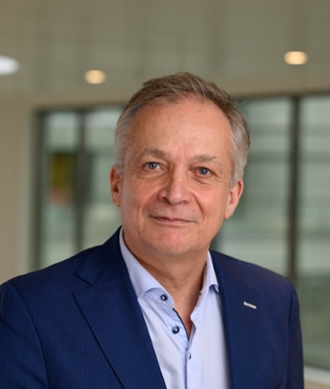Putting the public first
Leiden University has a long tradition of research into governance. Its researchers want to understand the decisions and behaviour of politicians and public administrators. They also study the structure of public organisations and how this structure affects how the work is done. The consequences for the public are an important aspect of this research. The researchers look into questions such as whether the chosen policy and its implementation is actually what the majority voted for in democratic elections and how public administrators and organisations can ensure that this is the case.
Internationalisation and changing roles
The research is driven by two recent developments. The first of these is internationalisation. International policies increasingly affect the citizens of different states. Examples of this include international banking supervision to prevent fraud or a new banking crisis and international collaboration in counterterrorism. The second development is the changing role of citizens and civil servants. An example of this changing role is that civil servants are more likely to implement policy in collaboration with the public. With these developments in mind, the researchers look at four interrelated ‘levels’ of governance: the local, the national, the EU and the world.
Close-up view of governance in action
Leiden’s experts work in The Hague, the administrative heart of the Netherlands, and are closely involved in real-life governance. Ministries, municipalities and other organisations regularly ask them for advice or an expert interpretation of an issue, and they thus help ensure that various policies are implemented properly. The areas in which they have advised range from the expansion of the EU and the establishment of the national police force in the Netherlands to changes in the health care sector.






























